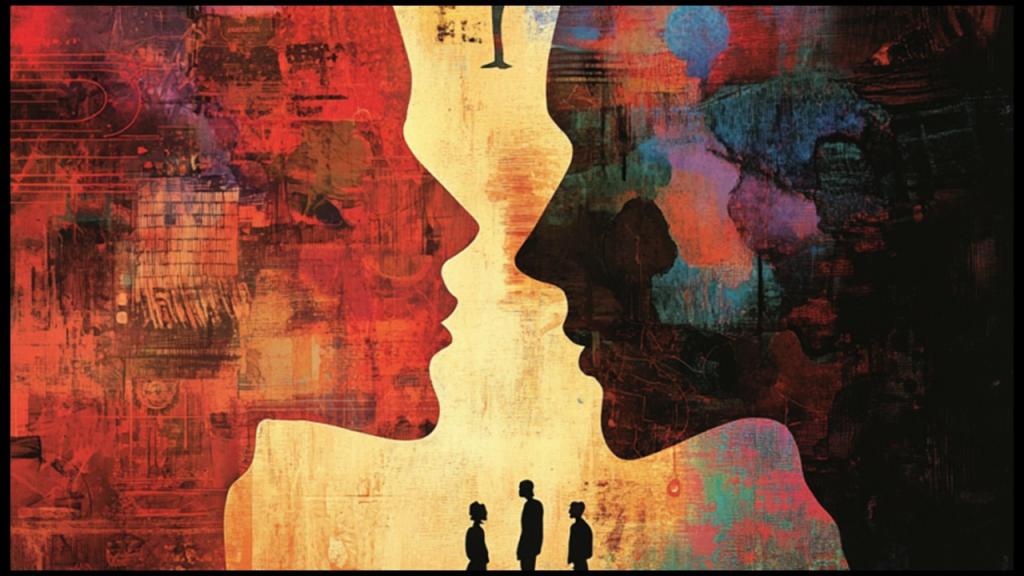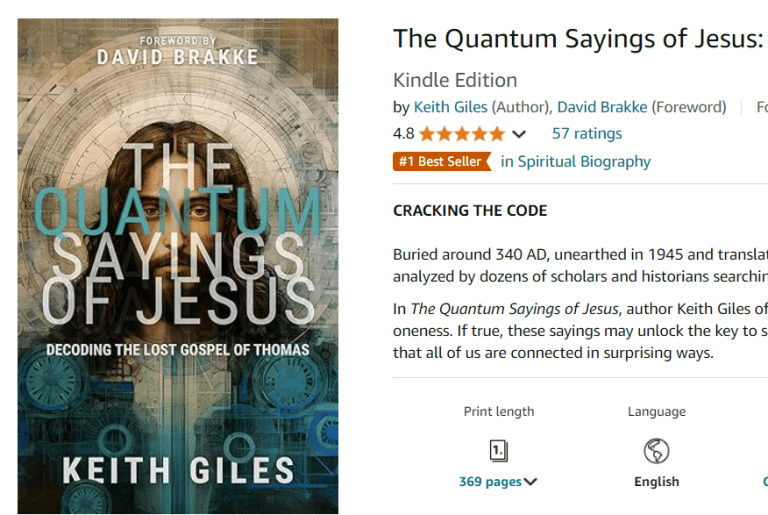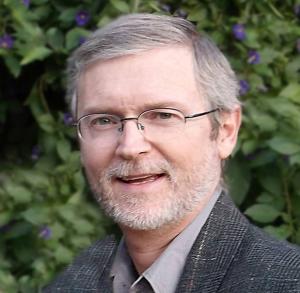
Imagine emerging from the darkest chapter of your life and instead of harboring resentment, you open your heart to understand the fears and pains of your oppressors.
That’s exactly what Nelson Mandela did. After 27 years behind bars for protesting South African Apartheid, Nelson Mandela chose reconciliation over revenge.
We could use some of that transformative empathy today.
Embracing Empathy in Relationships
At its core, empathy is about truly hearing one another.
How often do we jump to conclusions or let anger cloud our judgment? Now, imagine if we could pause and say, “I hear you. Let’s try to understand this together.”
In that simple act of listening without judgment, barriers begin to crumble.
Empathy isn’t a set of rehearsed phrases—it’s an art that comes naturally when we allow ourselves to be vulnerable.
As Brené Brown wisely put it, “Empathy has no script.” By simply holding space for another’s feelings, we create an environment where differences are not only accepted but celebrated.
Empathy as the Building Block of Community
Zooming out from personal relationships, empathy has the incredible power to weave together entire communities.
Consider the aftermath of tragedies, like the 2019 mass shooting at two Mosques in Christchurch, New Zealand. In this moment of profound grief, Prime Minister Jacinda Ardern showed us that empathy isn’t reserved for personal crises—it’s a tool for healing whole nations.
Her decision to visit grieving Muslim families while wearing a hijab showed her genuine concern for every affected soul and helped mend the collective spirit of her people.
Small, everyday acts of empathy—sharing a meal with someone in need, offering a listening ear to a stranger—can spark a ripple effect, bridging divides and creating bonds that are both inclusive and resilient.
When we start to see ourselves in others, we ignite a powerful force that dissolves the illusion of separation and builds communities rooted in mutual care.
The Empathetic Leader: Guiding with Heart
Leadership, when infused with empathy, transcends the traditional command-and-control model.
Great leaders aren’t just about strategy and authority—they are about connection.
As Simon Sinek once said, “Leadership is not about being in charge. It is about taking care of those in your charge.”
Imagine a leader who listens deeply, who seeks first to understand before offering solutions. Such leaders inspire trust, loyalty, and innovation.
In today’s fast-paced world, the empathetic leader stands out by creating spaces where every voice is valued.
This isn’t just theoretical—it’s a practice that, over time, can transform organizations into communities where every individual’s contribution is celebrated.
Cultivating Empathy in Everyday Life
So, how do we bring more empathy into our daily lives?
It begins with active, attentive listening. Next time you’re in a conversation, try to step into the other person’s shoes—not to offer advice or judgment, but to simply understand. Let yourself feel their emotions as if they were your own.
Empathy is not merely reserved for grand, life-altering moments. It’s found in the quiet, everyday actions—a kind word, a handwritten note, or even a pause before you speak.
It’s about embracing the notion that every person carries a story worth hearing.
By choosing compassion over retribution, we not only heal others but also teach the transformative lesson that kindness can change lives.
A Call to Empathic Action
In reflecting on the examples of Mandela, Mother Teresa, and leaders like Jacinda Ardern, we see that empathy is much more than an emotion—it is a dynamic force for social change. It builds bridges over troubled waters, transforms conflicts into opportunities for growth, and creates communities where every individual is valued.
So, let’s make empathy our daily practice.
Whether you’re navigating a tense conversation, leading a team, or simply interacting with a neighbor, remember: empathy has the power to change not only our lives but the world around us.
Take a moment today to listen without judgment, to see a part of yourself in another, and to act with genuine compassion. In doing so, you’re not just transforming your own relationships—you’re lighting the way toward a more unified, understanding world.
And that’s the only kind of world worth living in.

The newest book from Keith Giles, “The Quantum Sayings of Jesus: Decoding the Lost Gospel of Thomas” is available now on Amazon. Order HERE>
Keith Giles is the best-selling author of the Jesus Un series. He has appeared on CNN, USA Today, BuzzFeed, and John Fugelsang’s “Tell Me Everything.”
He co-hosts The Heretic Happy Hour Podcast and his solo podcast, Second Cup With Keith which are both available on Spotify, Amazon, Apple, Podbean or wherever you find great podcasts.














